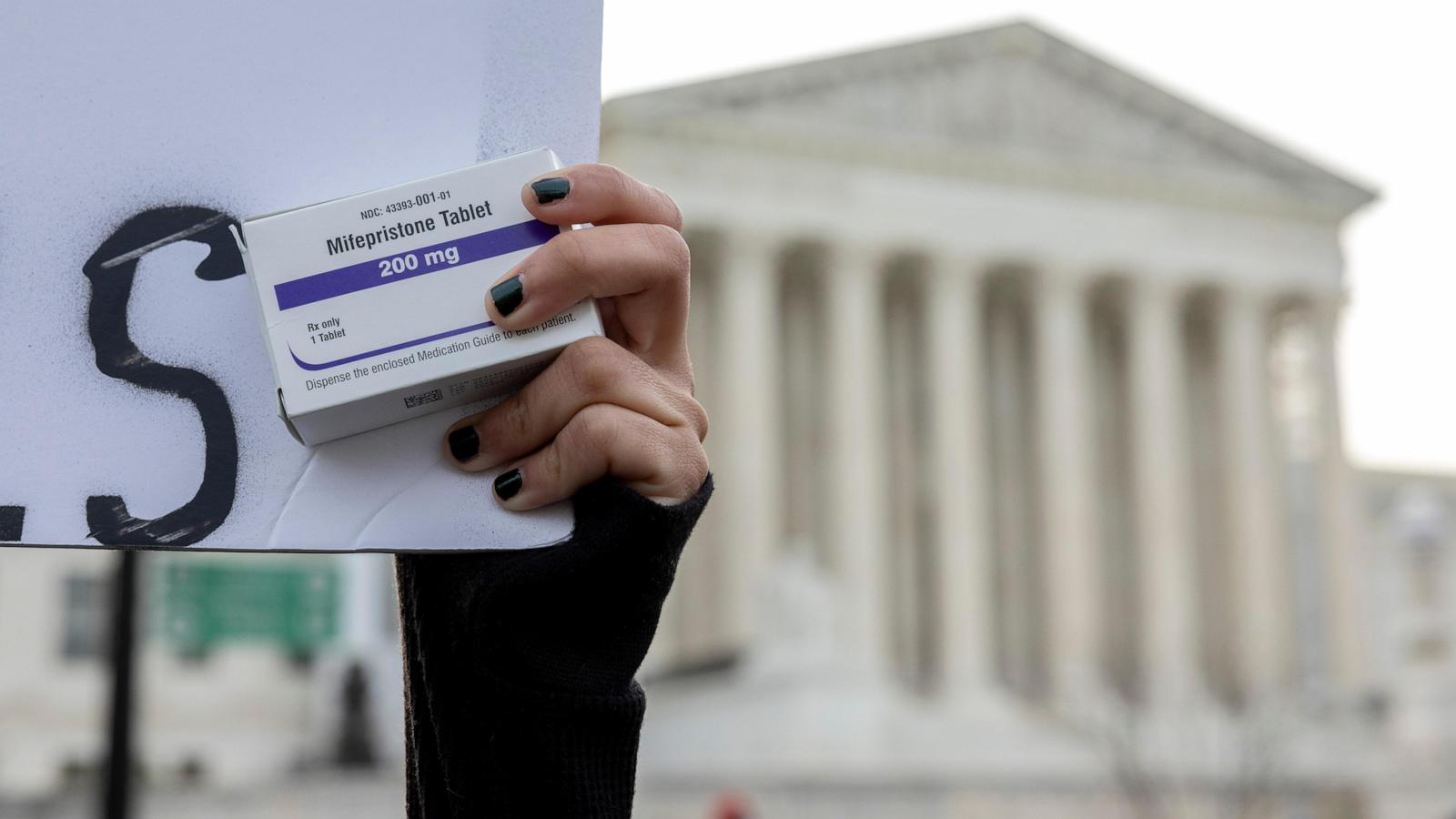Is Emergency Contraception the Future of Abortion Access? A Groundbreaking New Study Reveals All!
The ongoing legal battles surrounding mifepristone, a key medication used in medication abortions, have ignited a fierce debate about reproductive rights in America. But what if there was a safe, effective alternative already readily available? Recent research has uncovered a startling possibility, offering a potential lifeline for millions.
The Ulipristal Acetate Breakthrough: A Game-Changer for Abortion Access?
A recent study published in NEJM Evidence suggests a remarkable potential for ulipristal acetate, the active ingredient in the emergency contraceptive Ella, to serve as a viable abortion medication. This finding could potentially revolutionize reproductive healthcare access for women across the nation, especially given the increased limitations around mifepristone.
How Effective Is This Emergency Contraception for Abortion?
The research, involving 133 women up to nine weeks pregnant, showed a remarkable 97% success rate using a higher dose (60 mg) of ulipristal acetate, followed by misoprostol. This efficacy rivals that of the mifepristone-misoprostol combination, offering hope in the face of ongoing legal restrictions on mifepristone.
Understanding the Ulipristal Acetate Mechanism
Ulipristal acetate functions by blocking the progesterone hormone crucial for sustaining pregnancy. In the case of a higher dose, its blocking effect may cause the pregnancy to end. The combined use with misoprostol enhances effectiveness. This approach has shown promising results with a significant success rate, making it a significant contender as an alternative method for early termination.
Dispelling Myths and Addressing Concerns About Ulipristal Acetate
It's crucial to address public misconceptions about ulipristal acetate and its role in abortion. This 60 milligram dosage for abortion differs from the standard 5-day emergency contraception dose which does not lead to the termination of an established pregnancy. However, this significant increase in dosage leads to distinct outcomes.
The Debate Surrounding Emergency Contraception and Abortion
The publication of this groundbreaking research has predictably ignited a fervent discussion. Critics and anti-abortion groups may attempt to exploit the study to attack all forms of access to emergency contraception or use the findings to make this a political agenda. Experts strongly caution against such interpretations. More research and regulatory reviews are undoubtedly warranted. Public education is imperative. Women have a right to access full information. More clarity can provide women with appropriate access to reproductive healthcare.
Ensuring Access to Accurate and Complete Information
Amid the ongoing controversy, it's imperative that women have access to complete and unbiased information. The potential of ulipristal acetate should be considered within the context of other advancements and alternatives, ensuring all aspects are analyzed. Experts, in response to concerns surrounding misinformation, stressed the importance of promoting reproductive health and autonomy while avoiding misrepresentations of emergency contraception.
The Future of Abortion Access in the United States
The future of abortion access in the US remains uncertain, with ongoing legal challenges and varying regulations at the state level. However, the findings presented in the study concerning ulipristal acetate may offer an effective path forward, thereby enhancing safe abortion methods and improving women's healthcare access.
The Implications of This Study for Reproductive Healthcare
This new development presents hope for safeguarding access to abortion. More comprehensive studies might help improve dosage and the process. The success of ulipristal acetate for inducing abortions has introduced new avenues, especially where legal battles surround mifepristone access. It's a potential safety net.
Preparing for Future Challenges and Ensuring Patient Safety
The success rate suggests great potential, however, extensive clinical studies will be imperative for establishing safety guidelines, optimal dosage, and overall efficacy as an abortion drug. Further, establishing strict regulatory frameworks concerning dosage, administration, and patient follow-up would help mitigate potential risks and side-effects. This holistic strategy assures patient safety while upholding the rights to proper care.
Take Away Points
- A new study reveals the potential of ulipristal acetate (Ella), a drug used for emergency contraception, as a safe and effective abortion medication.
- The high success rate of this alternative method presents a solution amid restrictions on mifepristone access.
- While promising, further research and rigorous testing are needed before widespread clinical application can occur.
- It's critical to counter any attempts at misinterpreting this finding to attack emergency contraception or other access methods to reproductive healthcare.
- Women need access to accurate, unbiased information concerning all aspects of this development.









